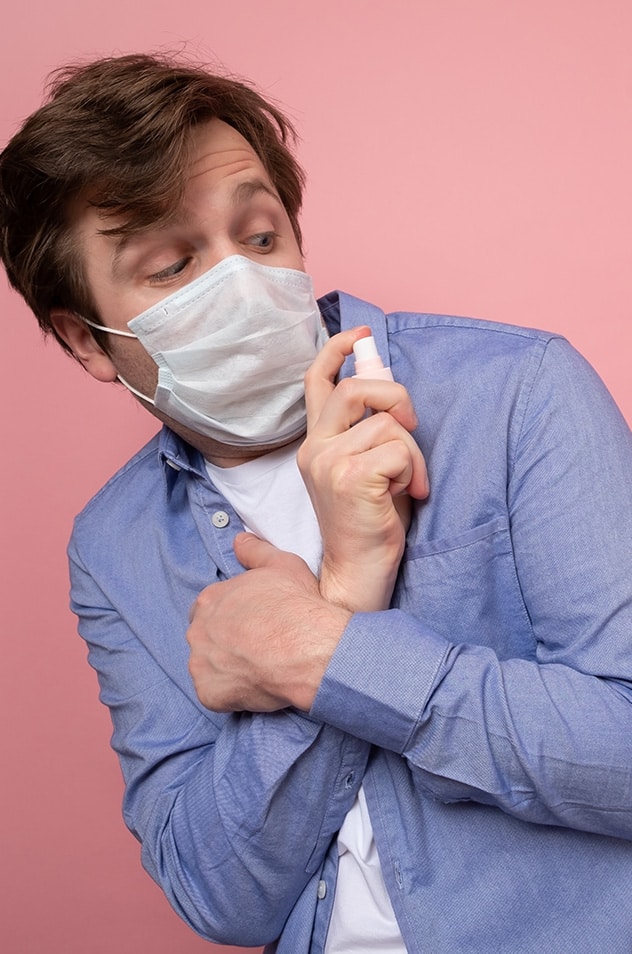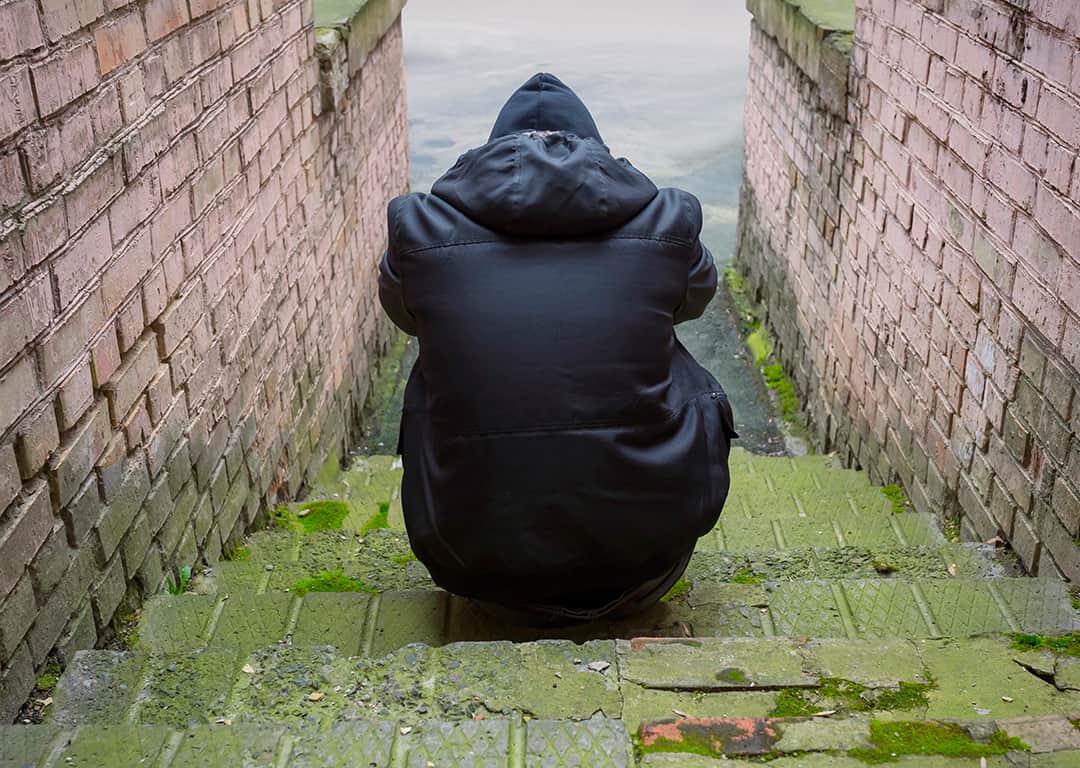LIVING WITH OBSESSIVE-COMPULSIVE DISORDER
Obsessive-compulsive disorder (OCD) is a form of anxiety disorder affecting over three million American adults, 50 percent of which are classified as severe cases. It is characterized by intrusive thoughts that produce anxiety (obsessions), repetitive behaviors that are engaged in to reduce anxiety (compulsions), or a combination of both. Perhaps one of the most dangerous and unfortunate elements of OCD is how widely misunderstood the disease is in popular culture. It is often represented as a simple and general fear of germs. While abnormal behaviors like fear of germs or leaving the stove on may be part of the disease, people with OCD are unable to control their anxiety-producing thoughts and their need to engage in ritualized behaviors. As a result, OCD can have a tremendous negative impact on people’s day-to-day functioning and quality of life.

People with OCD experience a variety of problematic and intrusive thoughts that make it hard for them to function on a daily basis. These thoughts often manifest in outward behaviors that can indicate an underlying problem. Some of the more common symptoms of obsessive-compulsive disorder include, but are not limited to:
- Repeated Unwanted Ideas
- Fear of Contamination
- Aggressive Impulses
- Persistent Sexual Thoughts
- Images of Harm to Self or Others
- Constant Checking
- Constant Counting
- Repeated Cleaning of One or More Items
- Repeated Washing of Hands
- Constantly Checking the Stove or Locks
- Arranging Items to Face a Certain Way
If you are noticing these behaviors in yourself or others, it’s critical that you seek treatment right away.



OCD AND ADDICTION
Obsessive-compulsive disorder sufferers commonly fall victim to substance abuse, as is the case with most anxiety-related conditions. The Journal of Anxiety Disorders estimates that over 25 percent of those who seek treatment for OCD also meet the criteria for a substance use disorder. OCD sufferers may be vulnerable to a variety of substance abuse threats, including:
- Alcohol
- Cocaine
- Heroin
- Methamphetamine
- Benzos
- Opioids
- Marijuana
Those living with all types of anxiety are especially vulnerable to addiction to Xanax and other types of benzodiazepines.
